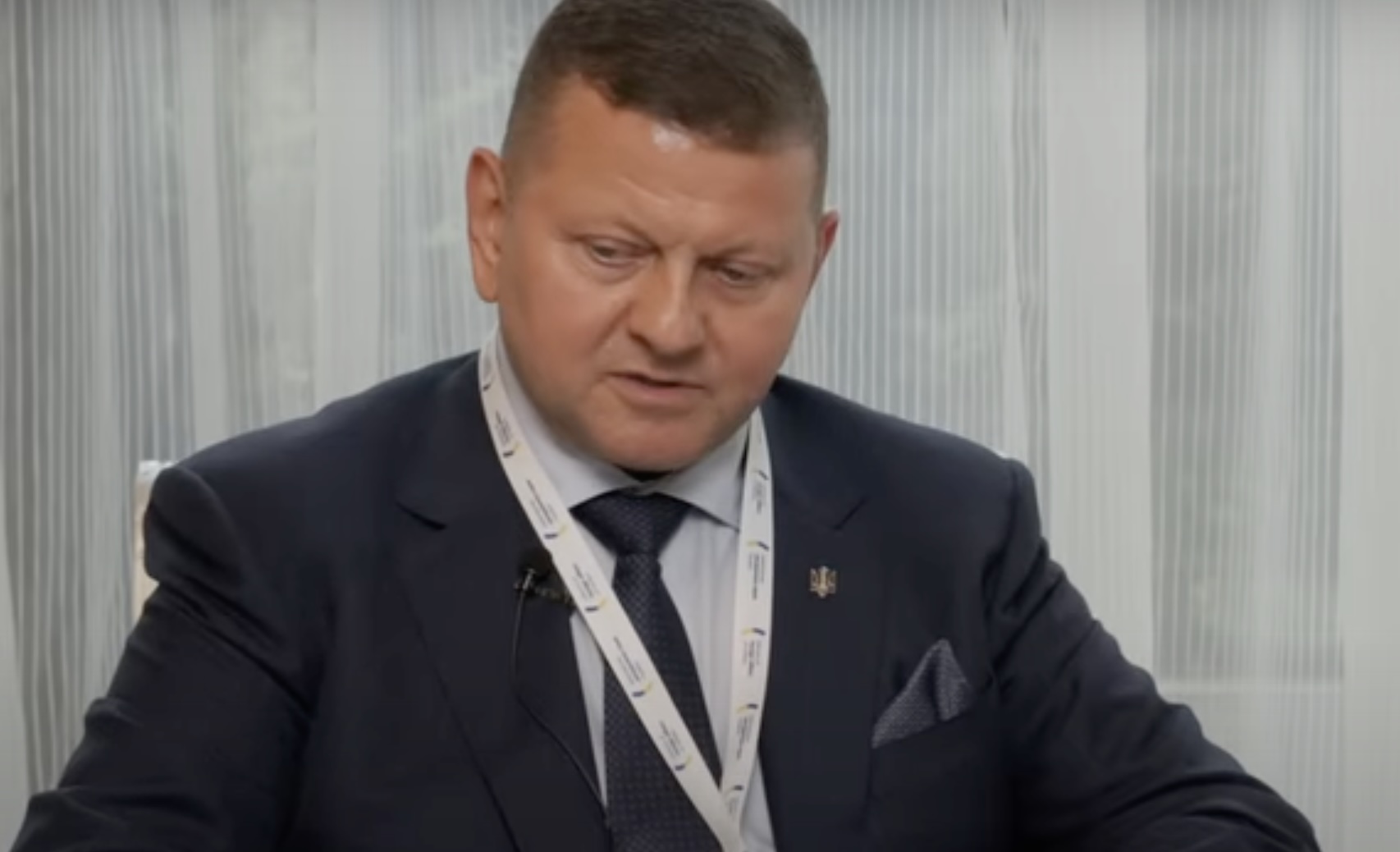


Speaking in a wide-ranging interview with LB Life, Zaluzhny emphasised that the nature of modern warfare has evolved beyond conventional doctrines—and that if NATO fails to adjust, it may face a crisis of relevance.
“Our partners, unfortunately, remain in a strategic paradigm shaped by the Second World War,” Zaluzhny said. “But the war that began on 24 February 2022—one defined by tanks and massed troops—ended by December 2023. Since then, we have entered a fundamentally different phase: a war of attrition fought with drones, algorithms, and high-precision systems.”
Zaluzhny’s appointment as ambassador in London comes at a time when the United Kingdom remains one of Ukraine’s most significant military partners. British-supplied air defence systems and intelligence-sharing have proven crucial. However, Zaluzhny sees room to deepen this cooperation by integrating British capabilities into Ukraine’s defence industrial base.
“Britain has money, yes—but more importantly, it has advanced technological capacity,” he said. “It must be drawn into our technological process now. That way, in one year, we know we have partners who can produce exactly the systems we will need—not what we needed last year.”
This urgency stems from the short innovation cycle of modern defence technology.
“In drone warfare, a system that’s current today may be obsolete in two weeks,” Zaluzhny explained. “You can’t stockpile that technology—it has to be developed, tested, and adapted in real time. And Ukraine is the only place in Europe where these systems are tested under full combat conditions.”
The ambassador expressed concern that NATO’s approach to rearmament treats new equipment as a simple replacement rather than part of a broader transformation. “New weapons come with new tactics, new forms of deployment, new organisational structures,” he said. “And this requires a new doctrine, new training systems, and new financing. That transformation will take NATO countries five years—if they start now.”
He was critical of what he described as “strategic infantilism” in some Western capitals: an assumption that the current conflict can be contained or avoided. “Many of them understand that war is likely, but still cling to the hope that it won’t happen,” he said. “This contradiction leads to half-measures and delays. And we cannot afford delay.”
Zaluzhny was particularly outspoken on the limitations of NATO’s current strategic posture. While reaffirming Ukraine’s goal of eventual membership, he questioned whether the alliance could respond effectively to a large-scale crisis. “NATO remains the strongest military bloc in the world,” he said. “But in its current form, it may go the way of the United Nations—paralysed by its own structure and outdated assumptions.”
He cited the recent bilateral defence pact signed by the UK and France as evidence of growing doubt within the alliance. “If two NATO members feel the need to sign a separate agreement guaranteeing mutual defence, one must ask: do they no longer trust Article 5?”
Turning to the so-called Coalition of the Willing, proposed by UK Prime Minister Keir Starmer earlier this year, Zaluzhny described the initiative as “promising, but complicated.” The coalition seeks to finance weapons production for Ukraine using pooled resources from participating countries. As of now, over 30 states have expressed interest.
“The idea is sound, and it shows political courage,” he said. “But we must recognise that democracies move slowly. Leaders must gain parliamentary support, build coalitions, and negotiate across party lines. That takes time we do not have.”
Zaluzhny acknowledged the geopolitical realities limiting British defence spending. “The UK is not the United States. It has fewer financial resources and significant domestic challenges. But it is making an effort, and that must be recognised.”
He pointed out that the effectiveness of Western support will ultimately depend on integration and forward planning. “We must involve British and European partners not just as donors but as participants. They need to understand how these technologies shape the battlefield, how tactics evolve, and what future systems must look like.”
On the question of a potential peacekeeping mission in Ukraine, Zaluzhny was sceptical. “Are we speaking of a force capable of intercepting 500 drones over Kyiv? Or of troops in ceremonial uniforms? Without the technical capability to enforce peace, such deployments are symbolic at best.”
He was candid about Ukraine’s current military position. “We are still in a strategic deadlock,” he said, referring to a 2023 assessment that likened the situation to the First World War’s trench warfare. “The greatest risk is a long, exhausting war that drains the state. Our adversary found a way forward. They extended the frontline, increased pressure with drones, and disrupted our logistics. While we looked for more drones, they redefined the battlefield.”
He also stressed the limitations of a manpower-focused approach. “Neither Ukraine nor Russia can afford mass mobilisation anymore,” Zaluzhny stated. “Demographics and economics are the two key factors shaping the wars of the future. It’s not about how many soldiers you have. It’s about how many low-cost, high-efficiency systems you can deploy.”
He warned that the economic model of NATO warfare is unsustainable in a conflict where 500 drones can be launched daily at targets in Ukraine. “A single Shahed drone may cost $50,000, but intercepting it could require three missiles—each costing hundreds of thousands. No country can afford that indefinitely.”
Zaluzhny sees the future of warfare as one dominated by “ultra-cheap, ultra-effective technologies” rather than traditional arsenals. “We must think in terms of what we will need one, two, or three years from now—not just what is missing today.”
In closing, he offered a blunt assessment of what is at stake. “This war will last as long as it takes for a new technological equilibrium to emerge. That might be three years. It might be five. But unless Ukraine and its allies build that future together, it will be built without us.”
“We Do Not Give Up Our Territory”: Syrskyi Sets Red Lines for Any Peace Deal